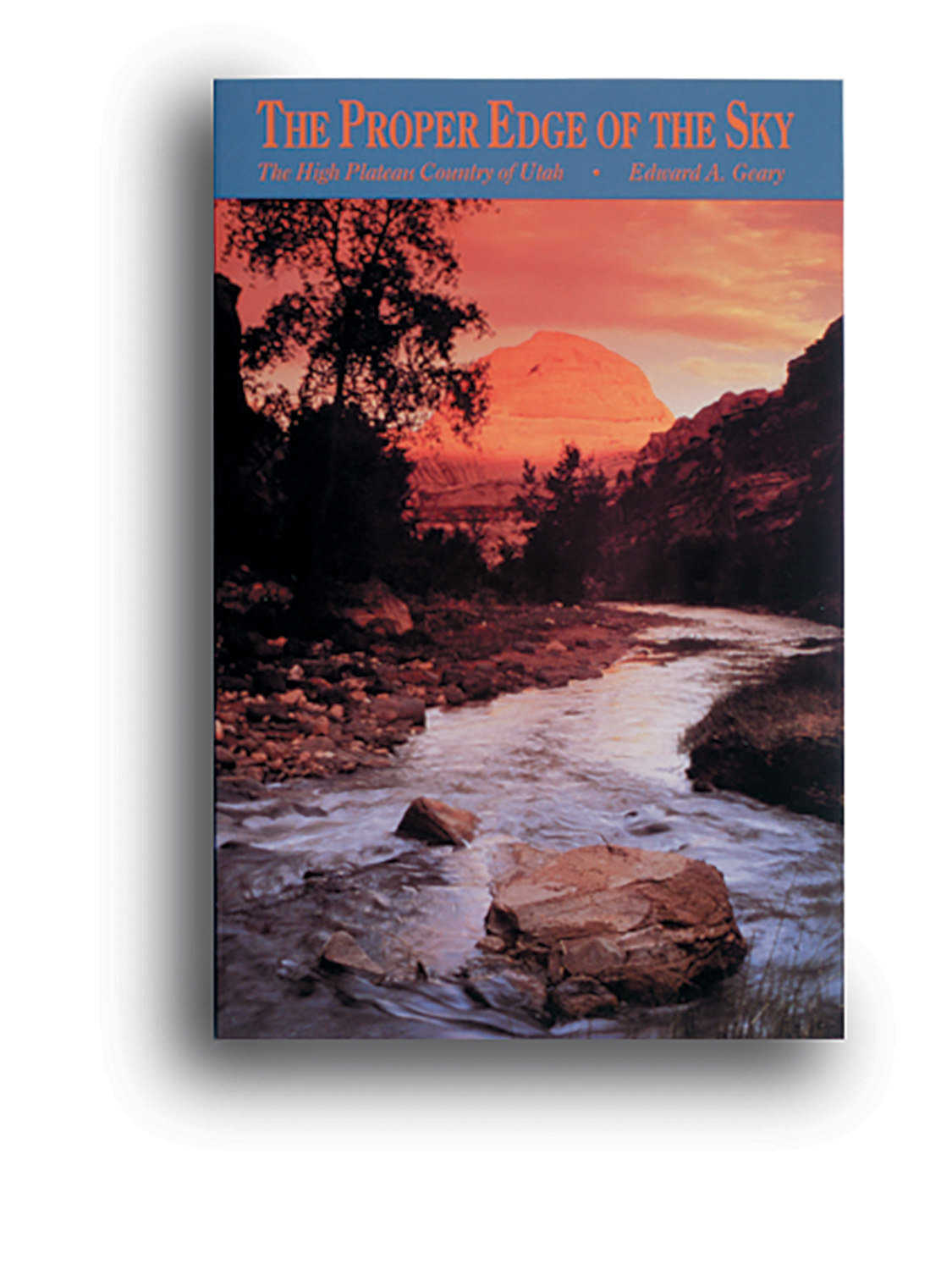Never Content with the Unelaborated Thing
Never Content with the Unelaborated Thing
By Kimberly Johnson and Amanda K. Fronk (BA ’09, MA ’14) in the Summer 2011 Issue
Robert Frost said, “A poem begins with a lump in the throat.” But for Kimberly Johnson, a lump in the throat has little to do with it.
For the BYU associate professor of English, poetry is a task of the mind—not the heart. “Each poem is like a science lab,” says Johnson, once a science major who shifted to poetry composition after discovering “the accuracy and precision of language” that poetry entails.
And her poetical science is winning acclaim. Take this year alone: in January, the New Yorker published her poem “Crepuscular”; in February, Penguin released the latest edition of her translation of Virgil’s Georgics; and in April, Johnson won a fellowship from the John Simon Guggenheim Memorial Foundation. Past recipients have gone on to win Nobel prizes and become poets laureate. With the $40,000 fellowship, Johnson plans to finish her third collection of poetry, Uncommon Prayer, which follows Leviathan with a Hook (2002) and A Metaphorical God (2008).
In creating her verse, Johnson labors over the exact wording a poem “requires.” The Utah native writes about a line a week, doing most of her composing while running in the evening light along the Wasatch Front.
After receiving an MFA from the prestigious Iowa Writers’ Workshop, Johnson earned a PhD in Renaissance poetry from the University of California, Berkeley. The Yale Review says she writes “with Milton open at her elbow but with the real dirt of a real Utah under her fingertips.”
Teaching Milton, early British literature, and poetry composition, Johnson shares her love of words with her students—often sitting atop the lectern, employing the 6-inch deep, 1934 Webster’s dictionary she totes around.
“We are very lucky, we English speakers,” Johnson says, “that we have this supple, strange, mongrel language that has sucked in words from everywhere because it means that we have a richness of availability of meaning to us.”
A self-proclaimed “word geek,” Johnson describes her wordsmithing using the word mulch as an example. “What a great word mulch is. I’ll say it to myself. I’ll feel it in my throat,” she explains—her diagnostic version of “a lump in the throat.” “Mulch sounds like what it is. It’s got that kind of gloppiness to it.”
Following are eight creations from Johnson’s science lab laid out over photos of her rough drafts.




